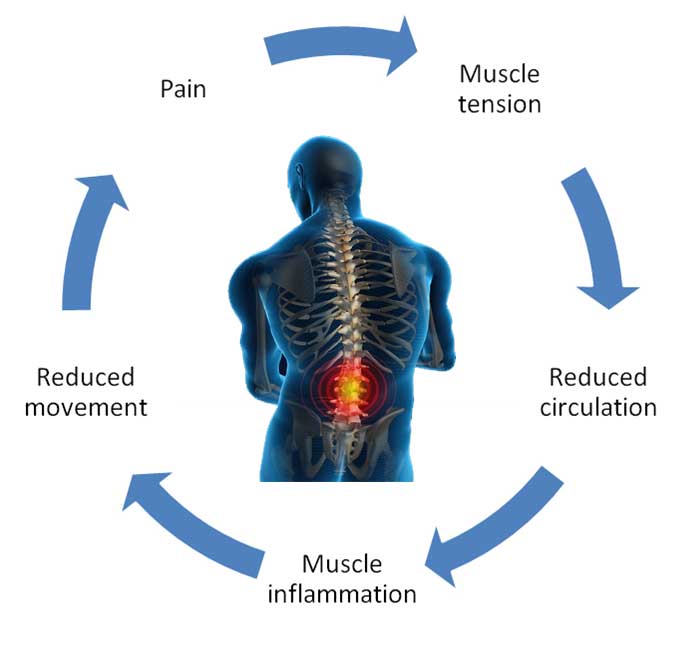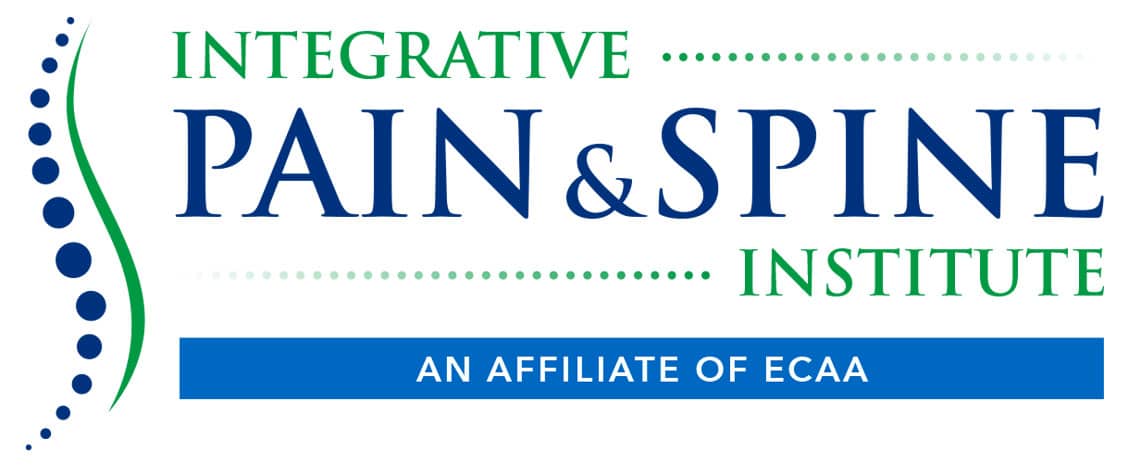Chronic pain is hard enough to deal with on its own, but did you know that stress can make it even worse? In the United States, an estimated 51.6 million experienced chronic pain and of those 17.1 million people experienced high-impact chronic pain that caused substantial restriction to their daily life. The combination of stress and chronic pain can be debilitating. When you’re stressed, your body reacts in ways that can intensify your pain and the cycle continues to feed itself if not addressed properly.

How Does Stress Worsen Pain?
When you’re under stress, your body goes into “fight or flight” mode. This is an ancient survival mechanism designed to help you react to danger. In the short term, this response can be helpful. But when stress lingers, it can cause several negative effects, especially for people with chronic pain. Here’s why:
- Muscle Tension: Stress causes muscles to tighten and stay contracted, leading to more pain and discomfort, especially in areas like your neck, shoulders, and back.
- Increased Sensitivity to Pain: Chronic stress changes how your brain processes pain. When you’re stressed, your body produces chemicals like cortisol, which can amplify your pain signals, making you feel worse.
- Sleep Disruption: Stress often leads to poor sleep, and when you don’t rest well, your body doesn’t heal properly. This creates a vicious cycle: more stress, less sleep, and increased pain.
- Reduced Immune Function: Stress weakens your immune system, which can cause flare-ups in conditions like arthritis, fibromyalgia, or back pain.
What Are Ways to Reduce Stress and Alleviate Pain?
The good news is that reducing your stress can have a big impact on your pain. Here are some simple methods to help manage stress and, in turn, reduce chronic pain.
- Deep Breathing Exercises: Taking slow, deep breaths can help calm your nervous system. Try this simple exercise: Inhale deeply for 4 seconds, hold your breath for 4 seconds, then exhale slowly for 4 seconds. Do this for a few minutes whenever you’re feeling stressed.
- Gentle Exercise: Activities like walking, swimming, or yoga can help relax tense muscles, improve blood flow, and release endorphins—your body’s natural painkillers. Start slow and listen to your body, especially if you’re dealing with pain.
- Mindfulness and Meditation: Mindfulness helps you focus on the present moment, which can reduce stress and even change the way your brain perceives pain. There are plenty of free apps available that offer guided meditation, or you can simply close your eyes and focus on your breathing for a few minutes.
- Get Enough Sleep: Aim for 7-8 hours of sleep per night. Establish a regular bedtime routine by turning off screens an hour before bed, keeping your bedroom dark and cool, and avoiding caffeine in the late afternoon.
- Healthy Eating: A balanced diet can help your body fight inflammation and better cope with stress. Focus on whole foods like fruits, vegetables, lean proteins, and healthy fats. Also, stay hydrated—dehydration can worsen muscle tension and headaches.
- Connect with Others: Spending time with family and friends can help lower stress. If you’re feeling isolated due to your pain, consider joining a support group where you can connect with others who understand what you’re going through.
- Seek Professional Help: If your stress or pain is overwhelming, don’t hesitate to reach out to a professional. Cognitive-behavioral therapy (CBT) is a proven way to help manage chronic pain and stress. An interventional pain specialist can also offer treatments that target the physical causes of pain.
Stress and chronic pain often go hand in hand, but the good news is that managing stress can help reduce your pain. By incorporating some simple stress-relief techniques into your daily routine, you can begin to feel more in control of both your stress and your pain. It is important to address the root cause of the pain to achieve complete relief and our team at Integrative Pain and Spine Institute can help you do that. Call our office today at 704-317-1440 for a consultation to help you regain your functionality.


:max_bytes(150000):strip_icc()/3145195-article-tips-to-reduce-stress-5a8c75818e1b6e0036533c47.png)